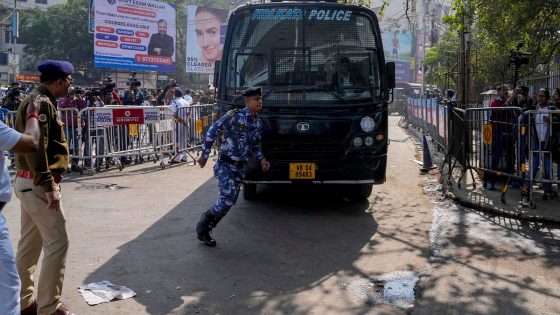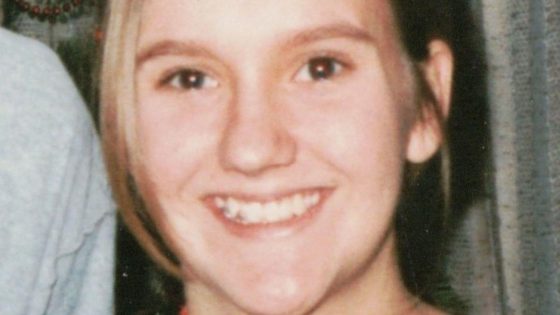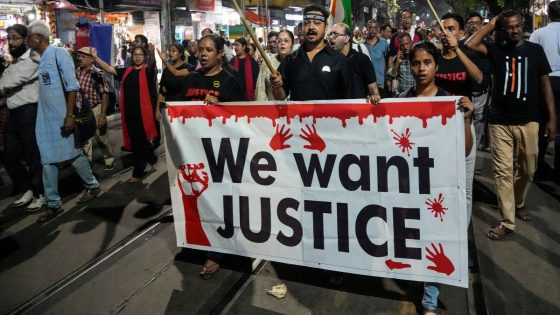In a chilling verdict that reverberates through the corridors of justice and the hearts of families across India, a police volunteer named Sanjay Roy, 33, has been sentenced to life in prison for the rape and murder of a trainee doctor in Kolkata. This harrowing incident, which unfolded last year, ignited nationwide protests fueled by deep-seated fears over women’s safety and the slow-moving justice system of the country.
- Indian court sentences police volunteer to life imprisonment
- Victim's family shocked by life sentence
- Protests for women's safety sparked nationwide
- Federal police sought death penalty for Roy
- Violence against women remains a chronic issue
- Rape cases reported continue to rise in India
The tragedy occurred on August 9, 2024, when the body of a 31-year-old physician was discovered in a bloodied state at R.G. Kar Medical College and Hospital, where she was on duty. An autopsy revealed that she had been both strangled and sexually assaulted, a gruesome detail that horrified the community and reignited debates over gender violence in India. As the dust settled after the sentencing on January 20, 2025, the mother and father of the victim voiced their anguish and disappointment in a Kolkata court, proclaiming their wish that Roy had faced the death penalty. “We are shocked by the verdict,” said the victim’s father, his voice breaking with emotion. “We will continue our fight… Come what may, we will fight for justice.”
Judge Anirban Das, who presided over the case, stated that while the crime was heinous, it did not meet the criteria for the death penalty as it was not “the rarest of the rare cases.” His words left many questioning what would truly qualify for the highest form of punishment in a society grappling with rampant violence against women. Federal police had argued otherwise, asserting that the nature of the crime warranted the gravest consequences, reflecting the frustration and distress felt by the victim’s family and community.
As protests erupted in the wake of the tragedy, doctors and medical students across India rallied, their voices unified in calls for enhanced safety protocols in hospitals. Thousands hit the streets, demanding swift justice for the doctor and better protections for women against such brutal acts. This tragic event rekindled memories of the 2012 gang rape and murder of a young woman on a moving bus in Delhi, an incident that shook the nation and resulted in tougher laws against sexual violence. Yet, despite these legislative advancements, data reveals that in 2022 alone, around 90 rapes were reported daily, an alarming figure that highlights the ongoing struggle against gender-based violence.
The investigation that followed the murder was marred by controversy. Initially managed by local police, the probe was later handed over to federal investigators due to accusations of mishandling. Rights activists have long argued that many cases of sexual violence go unreported, particularly in rural areas where stigma surrounds victims. This case was no different; the complexity and pressure surrounding it served to amplify the voices of those demanding change.
Fishers lamented the community’s stance that often shakes the very foundations of justice, with many fearing the social repercussions of standing against such violence. As the judgment was delivered, Roy maintained his innocence, claiming he had been framed. His lawyer argued that he was “not mentally stable” and indicated plans to appeal the sentence, leaving the door open for yet another chapter in this painful saga.
Now, with the legal proceedings still drawing attention, the victim’s family vows to seek justice, their commitment unwavering. The memory of their daughter, a rising star in her field, serves as a poignant reminder of the work that still must be done to protect women in India. As communities rally and voices rise, the case continues to stir discussions on the need for urgent reforms and a judicial system that prioritizes the safety and dignity of all its citizens. Future developments in the case are anticipated, as Roy’s appeal could introduce new layers of complexity to an already multi-faceted crisis.

































